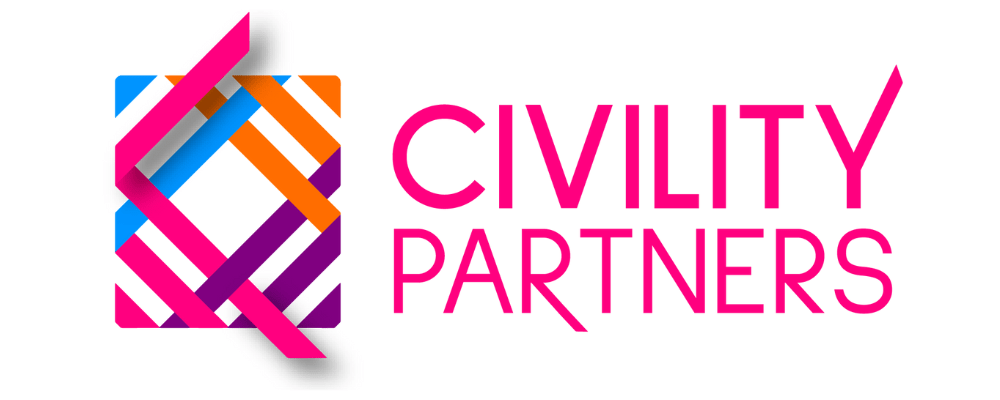Yesterday, I came across research by Randstad and it really got me thinking about how much the workplace landscape is changing.
This study included insights from 27,000 workers worldwide and what really caught my attention was that nearly half of the respondents—47%, to be exact—expressed a willingness to stick with a job they love, even if there’s no clear path for advancement. And 34% mentioned they have zero interest in stepping into a managerial role.
This trend highlights a new sense of ambition. Instead of the traditional climb up the corporate ladder, many employees now prioritize more work-life balance, flexibility, equity, belonging, and upskilling.
For employers, this shift presents both a challenge and an opportunity. To attract and retain top talent, it’s crucial to understand and respond to these evolving priorities.
In fact, over 37% have made it clear they wouldn’t even consider a job offer from a company that isn’t actively working to improve its diversity and equity efforts. Moreover, 21%, rising to 30% among Gen Z, have indicated they would leave their jobs if their concerns were not addressed by their employers.
That’s an eye opener considering most workforces are now composed of Millennials and Gen Z!
Balance and Belonging Over Climbing the Corporate Ladder
But this shift doesn’t mean ambition is dead.
Rather, it signifies a broader understanding of success—one that encompasses personal fulfillment alongside professional growth.
Have you ever taken the time to sit down with your team and truly listen to their aspirations? It’s a simple yet powerful way to foster engagement and loyalty.
After all, we all want a thriving business. And that wouldn’t be possible without the most valuable asset: your people.
One way to do it is by conducting a climate assessment or workforce survey. This gives you a snapshot of your culture at a specific point in time, offering insights into your workforce’s perceptions and behavior.
Based on our work with previous clients, these surveys have been instrumental in uncovering underlying issues and guiding the development of strategic plans to address them.
Embracing a talent-first mindset means acknowledging that each employee has their own motivations and priorities. And by honoring those differences, you create a workplace where everyone can thrive.
Our Gift for You!
Have you checked out our course on Human Resources: Using Metrics to Drive HR Strategy? It’s available for free, so don’t miss out!
This course will help you become a strategic HR partner for the success of your organization. Metrics can help you assess the cost and impact of HR initiatives. The findings can help determine how the business moves forward, and where you need to focus your resources to help employees thrive.
Also, don’t forget to secure your spot on our webinar on Managing Incivility and Conflict in Political Discussions at Work on June 26th, 10am PST. We’ll tackle the upcoming election,conflict amongst countries, and how to build civility around it.
Attend live to snag some awesome resources we’ve got lined up, plus earn yourself some SHRM credit while you’re at it!
The post Over 50% of Workers Now Value Balance and Belonging Over Climbing the Corporate Ladder appeared first on Civility Partners.
“We are committed to helping your organization meet its goals by partnering with you to develop and deliver systemic solutions to negative workplace behaviors. We will partner with you to build a positive and healthy work environment so your employees can thrive.
We don’t focus on the corrective actions involving eradication of problems and negativity, we focus on finding solutions that create a safe and civil workplace – and there’s a difference. Focusing on solutions creates preventative and sustainable change.
Negative and aggressive workplace behaviors are systemic. In order to effectively remove them, holistic and system-wide solutions that are tailored to your organization and focused on prevention, not correction, are required.”
Please visit the firm link to site



